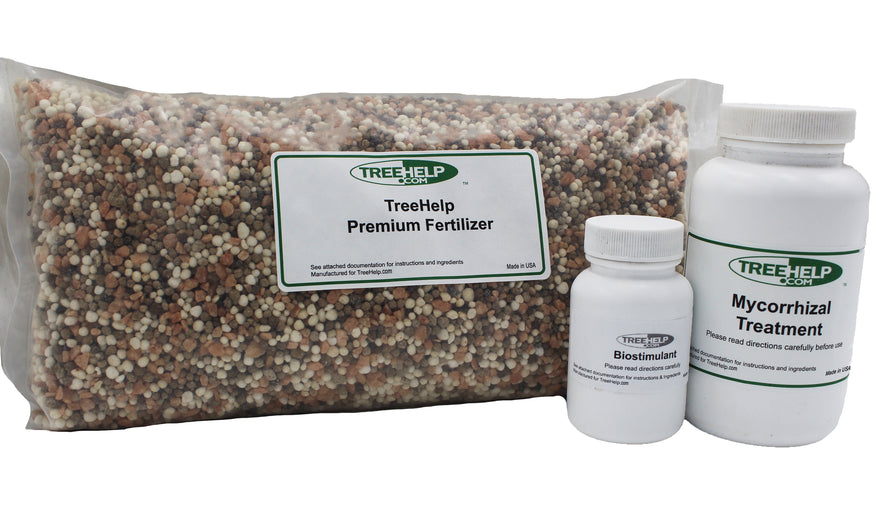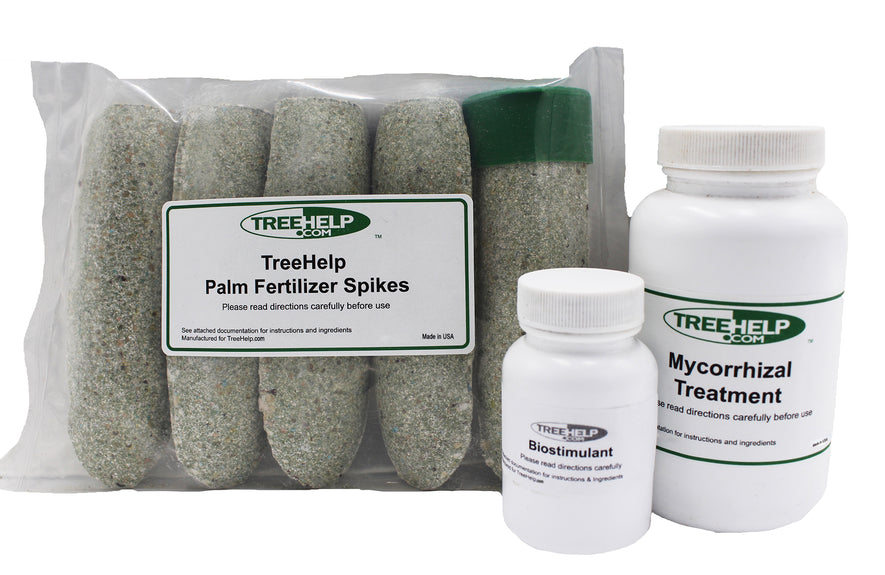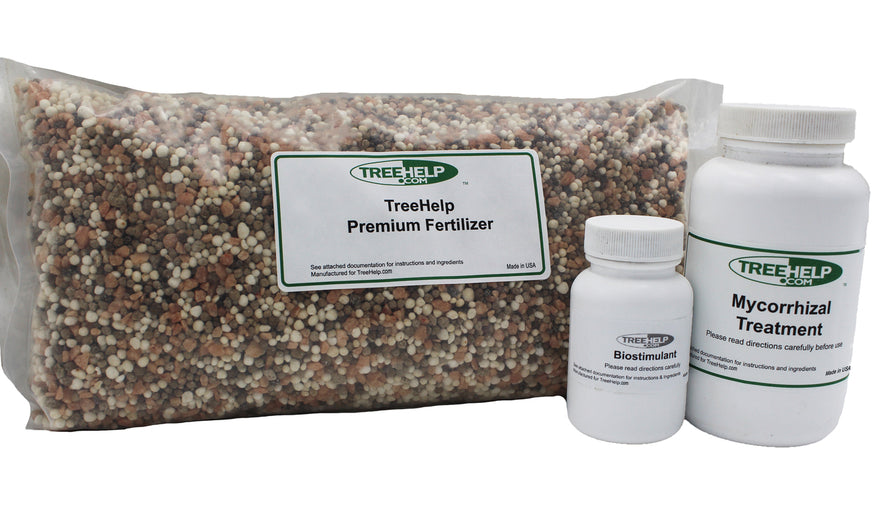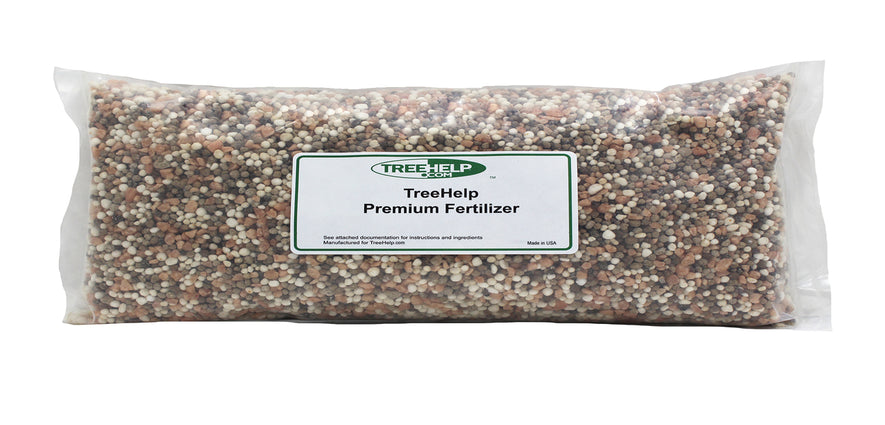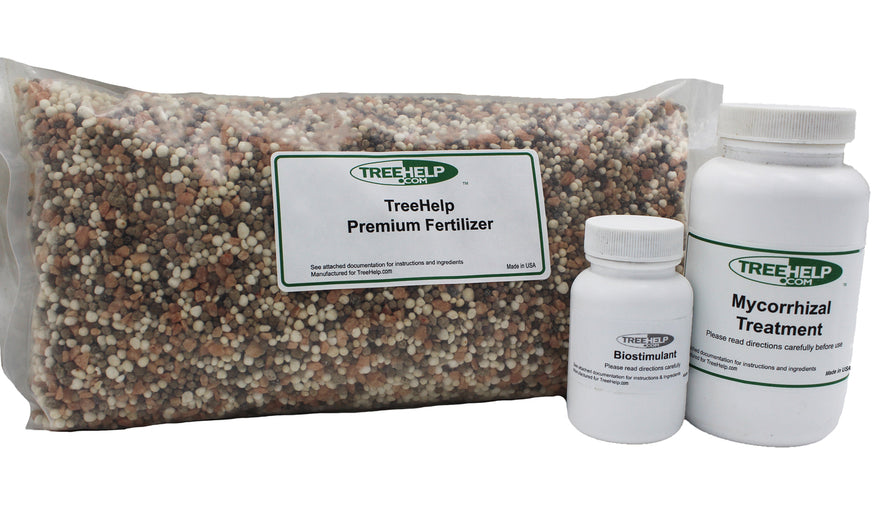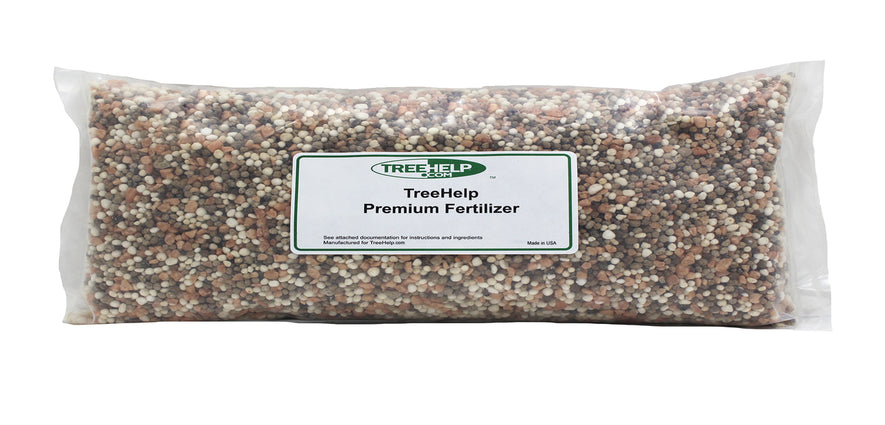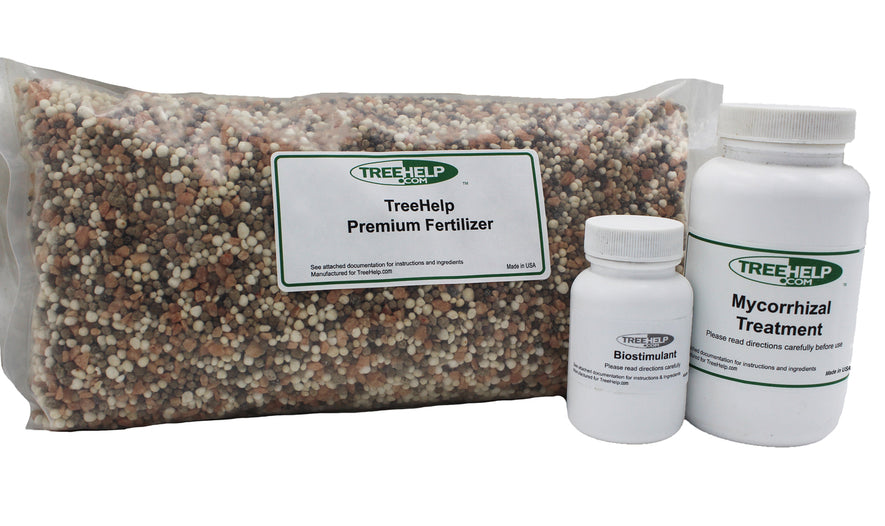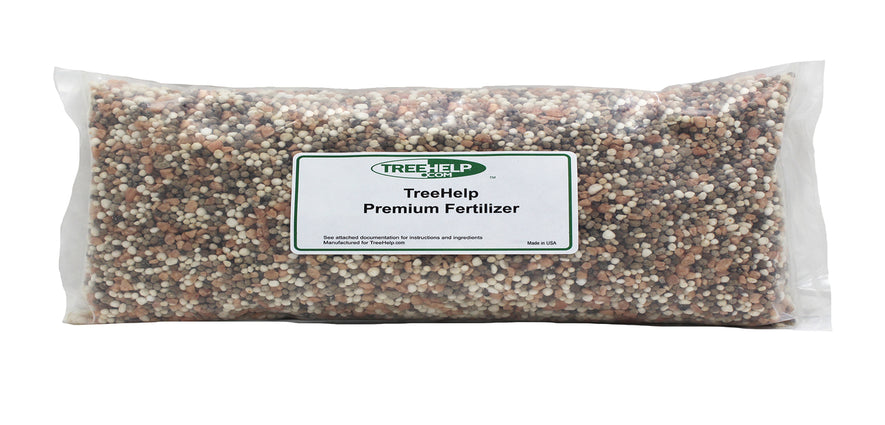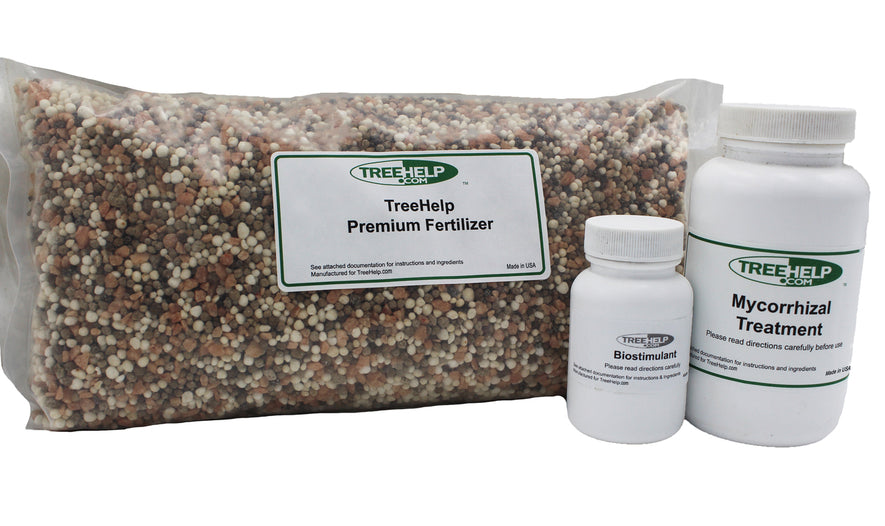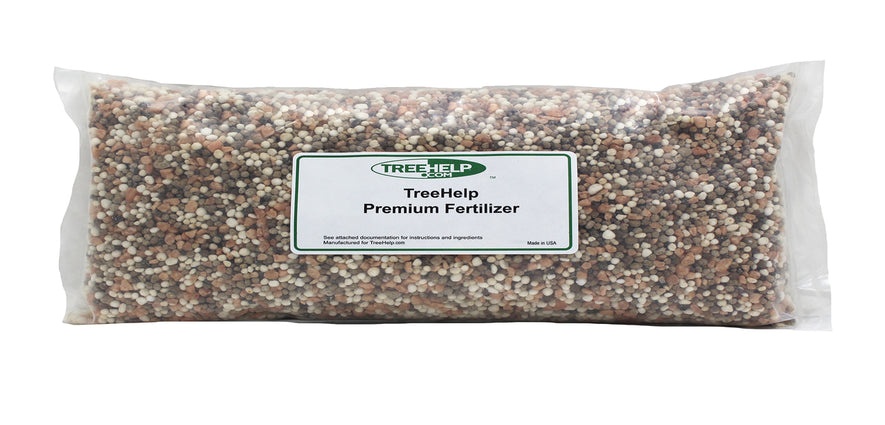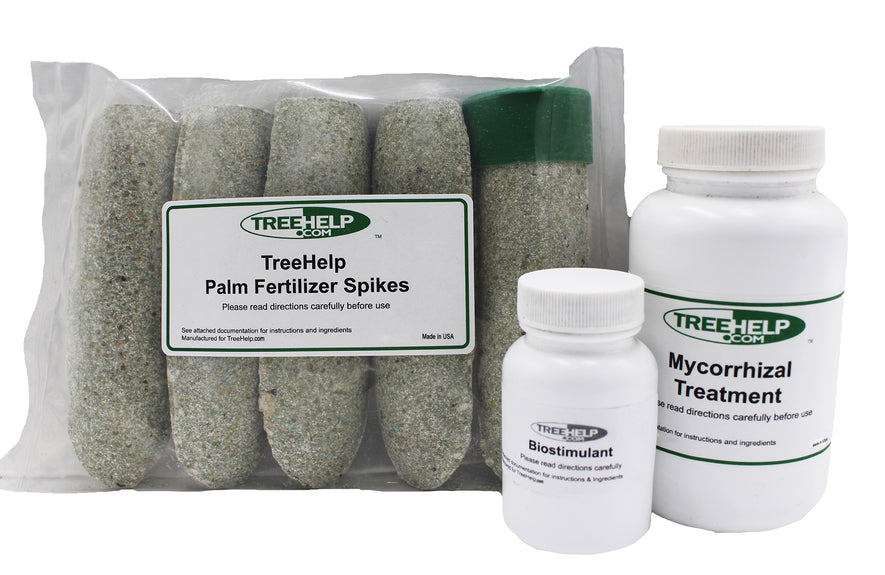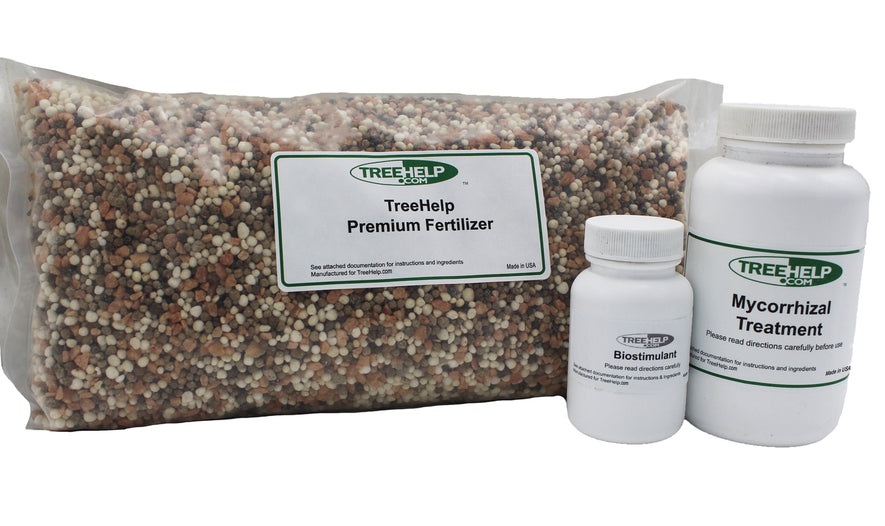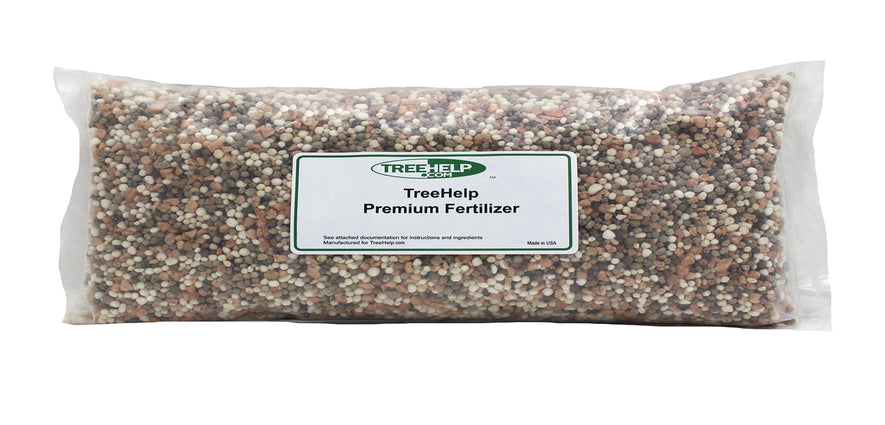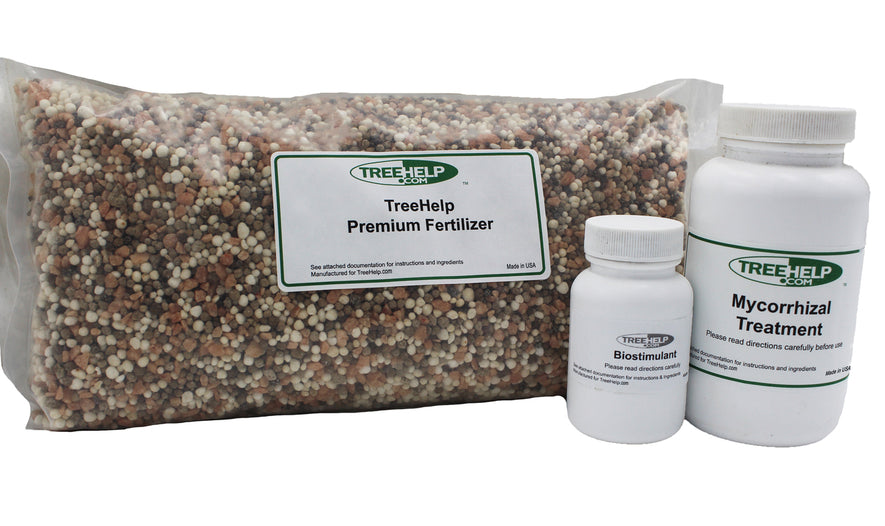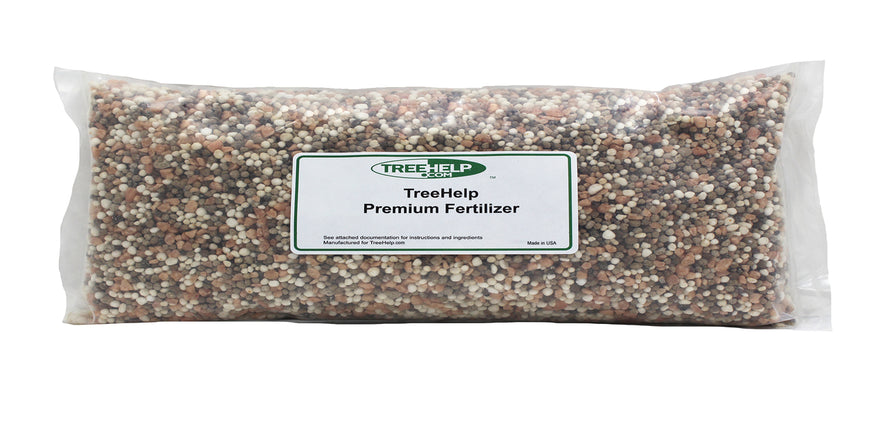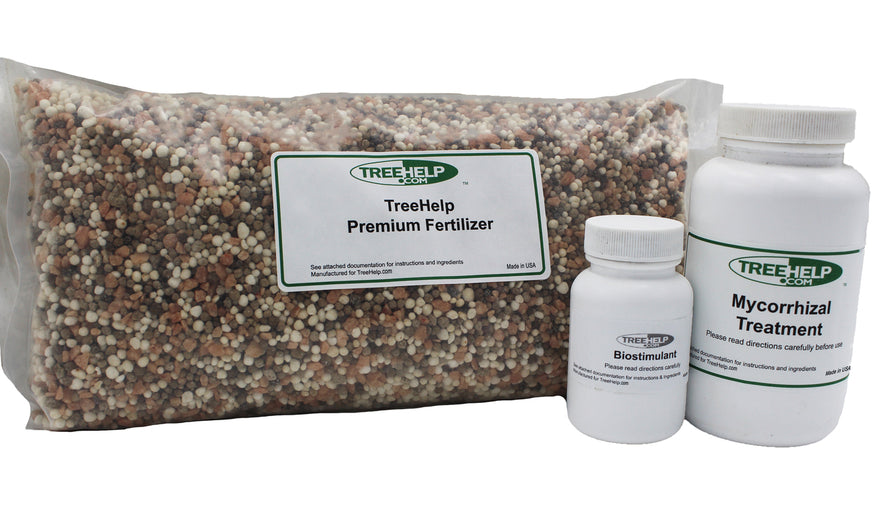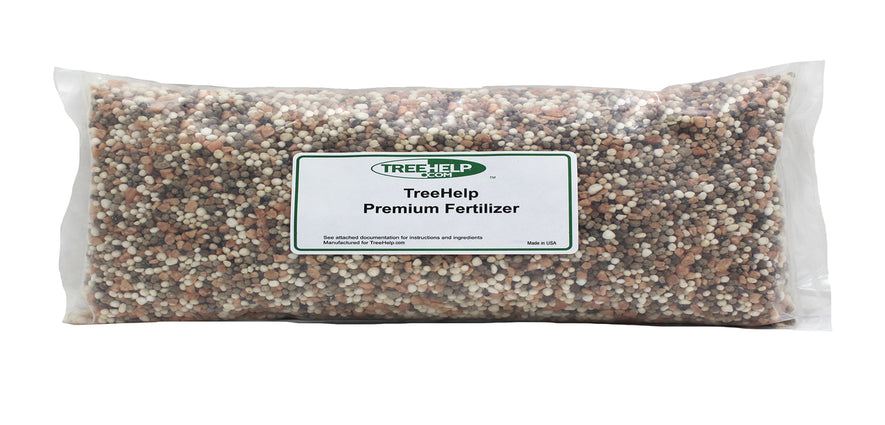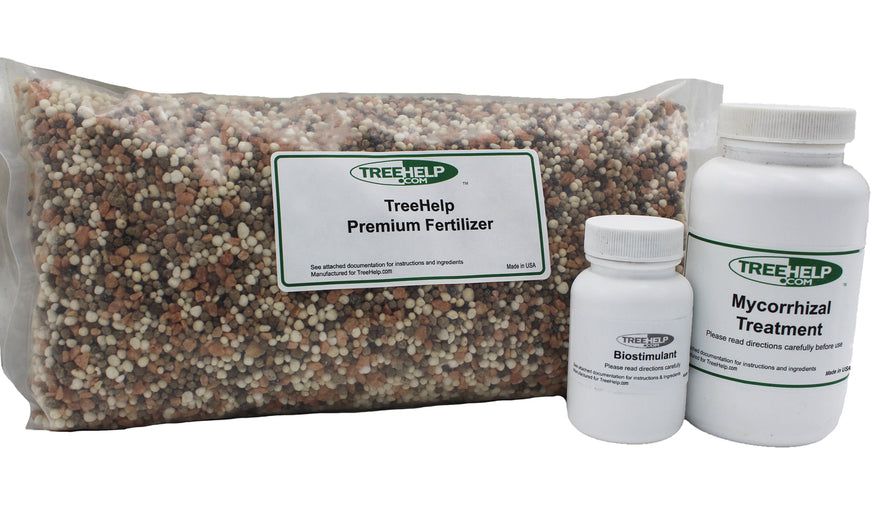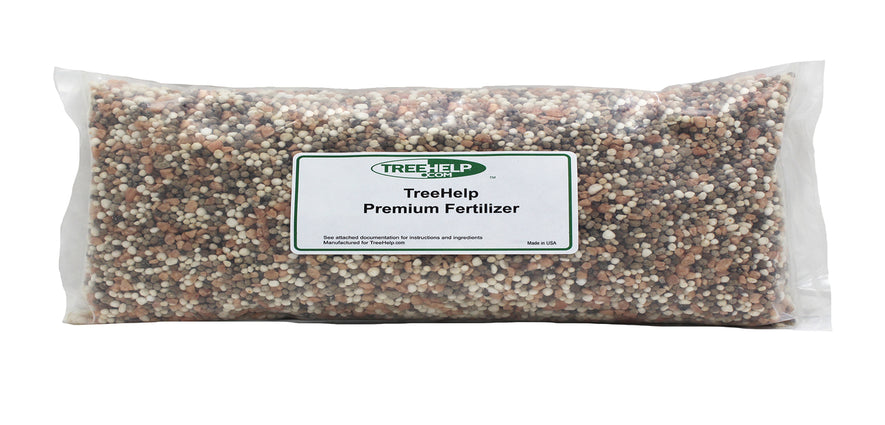-
TreeHelp Annual Care Kit Proudly Made in the USA TreeHelp developed easy-to-use Annual Care Kits to help homeowners maintain healthy and vibrant trees. TreeHelp...
- Regular price
- $34.95
- Regular price
-
- Sale price
- $34.95
- Unit price
- per
-
TreeHelp Annual Care Kit: Oak Proudly Made in the USA TreeHelp developed easy-to-use Annual Care Kits to help homeowners maintain healthy and vibrant oak trees....
- Regular price
- $34.95
- Regular price
-
- Sale price
- $34.95
- Unit price
- per
-
TreeHelp Annual Care Kit: Maple Proudly Made in the USA TreeHelp developed easy-to-use Annual Care Kits to help homeowners maintain healthy and vibrant maple trees....
- Regular price
- $34.95
- Regular price
-
- Sale price
- $34.95
- Unit price
- per
-
TreeHelp Annual Care Kit: Dogwood Proudly Made in the USA TreeHelp developed easy-to-use Annual Care Kits to help homeowners maintain healthy and vibrant dogwood trees....
- Regular price
- $34.95
- Regular price
-
- Sale price
- $34.95
- Unit price
- per
-
TreeHelp Annual Care Kit: Birch Proudly Made in the USA TreeHelp developed easy-to-use Annual Care Kits to help homeowners maintain healthy and vibrant birch trees....
- Regular price
- $34.95
- Regular price
-
- Sale price
- $34.95
- Unit price
- per
-
TreeHelp Annual Care Kit: Palms &... Proudly Made in the USA A complete do-it-yourself care package to maintain healthy and beautiful palms, palmettos and sagos. This...
- Regular price
- $34.95
- Regular price
-
- Sale price
- $34.95
- Unit price
- per
-
TreeHelp Annual Care Kit: Japanese Maple Proudly Made in the USA TreeHelp developed easy-to-use Annual Care Kits to help homeowners maintain healthy and vibrant japanese maple...
- Regular price
- $34.95
- Regular price
-
- Sale price
- $34.95
- Unit price
- per
-
Garden Phos Systemic Fungicide 1 Pint... Not Available for Sale in Canada For the effective control of phytophthora diseases associated with Sudden Oak Death (SDO), downy...
- Regular price
- $24.95
- Regular price
-
- Sale price
- $24.95
- Unit price
- per
-
TreeHelp Annual Care Kit: Ash Proudly Made in the USA TreeHelp developed easy-to-use Annual Care Kits to help homeowners maintain healthy and vibrant ash trees....
- Regular price
- $34.95
- Regular price
-
- Sale price
- $34.95
- Unit price
- per
-
Monterey Garden Phos 1qt Not Available for Sale in Canada For effective control of: Phytophthora diseases associated with Sudden Oak Death (SOD) Downy mildew,...
- Regular price
- $39.95
- Regular price
-
- Sale price
- $39.95
- Unit price
- per
-
TreeHelp Annual Care Kit: Cherry Proudly Made in the USA TreeHelp developed easy-to-use Annual Care Kits to help homeowners maintain healthy and vibrant Cherry trees....
- Regular price
- $34.95
- Regular price
-
- Sale price
- $34.95
- Unit price
- per
-
TreeHelp Annual Care Kit: Olive Proudly Made in the USA TreeHelp developed easy-to-use Annual Care Kits to help homeowners maintain healthy and vibrant Olive trees....
- Regular price
- $34.95
- Regular price
-
- Sale price
- $34.95
- Unit price
- per
free shipping on most orders over $125 - $7.95 Flate Rate for All Other Orders


